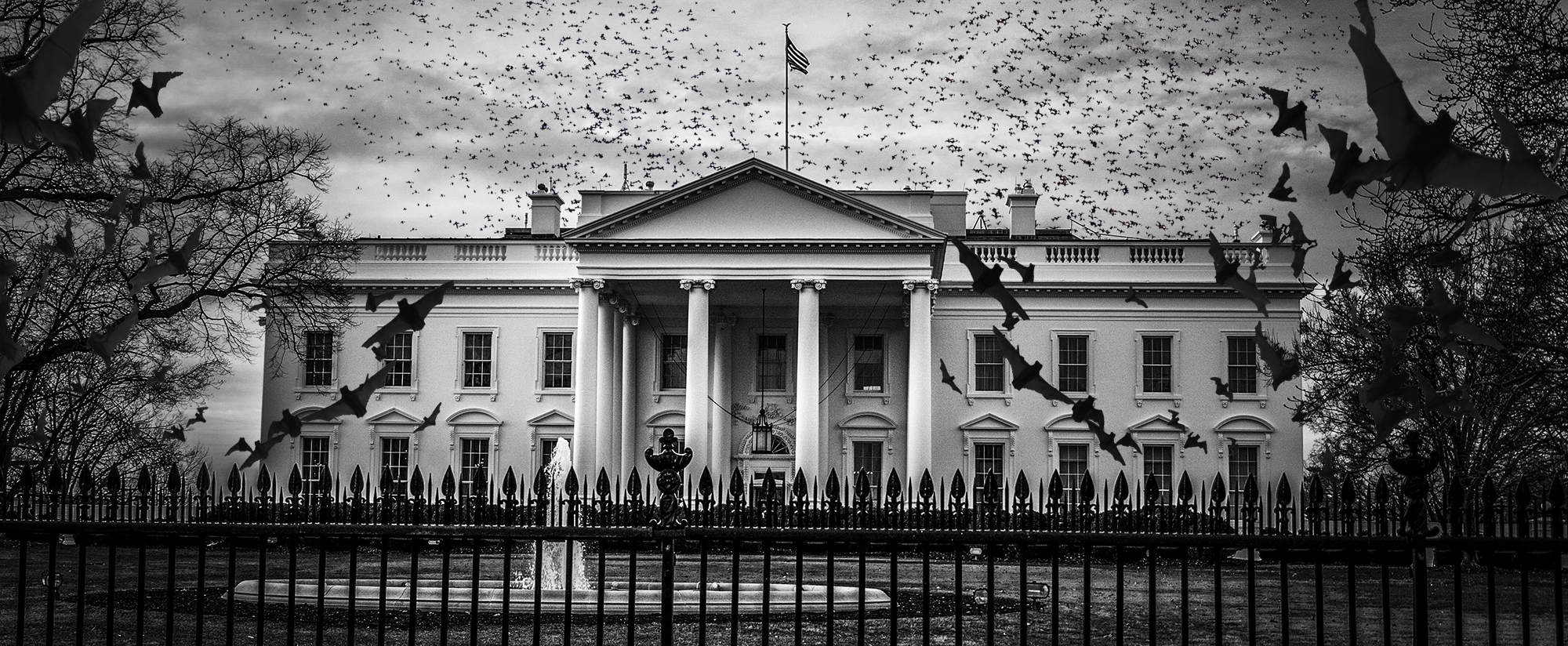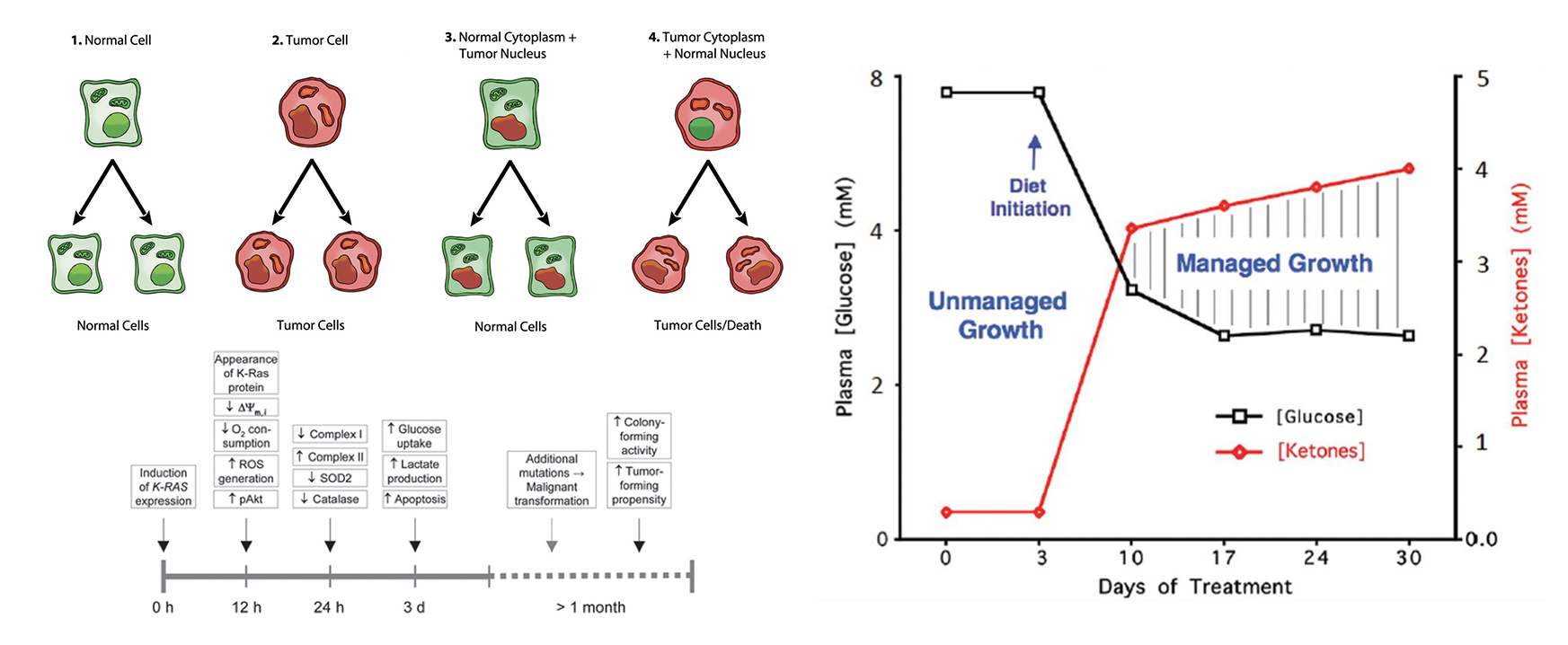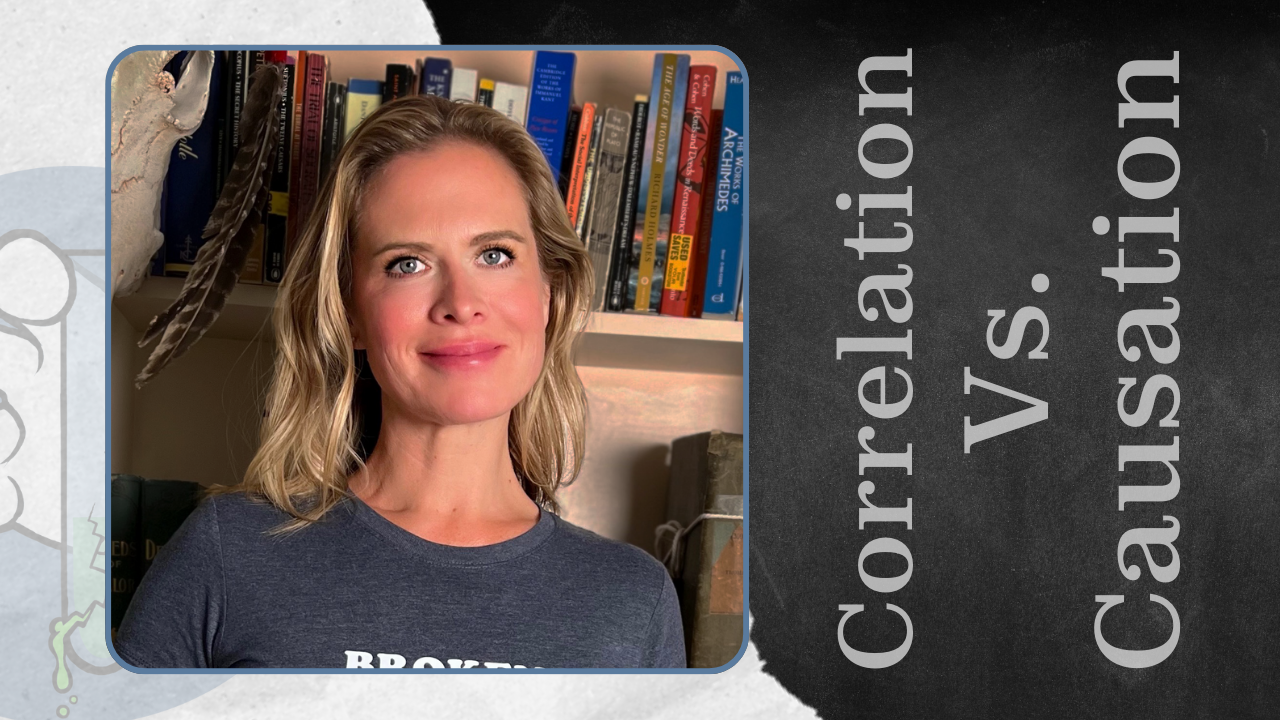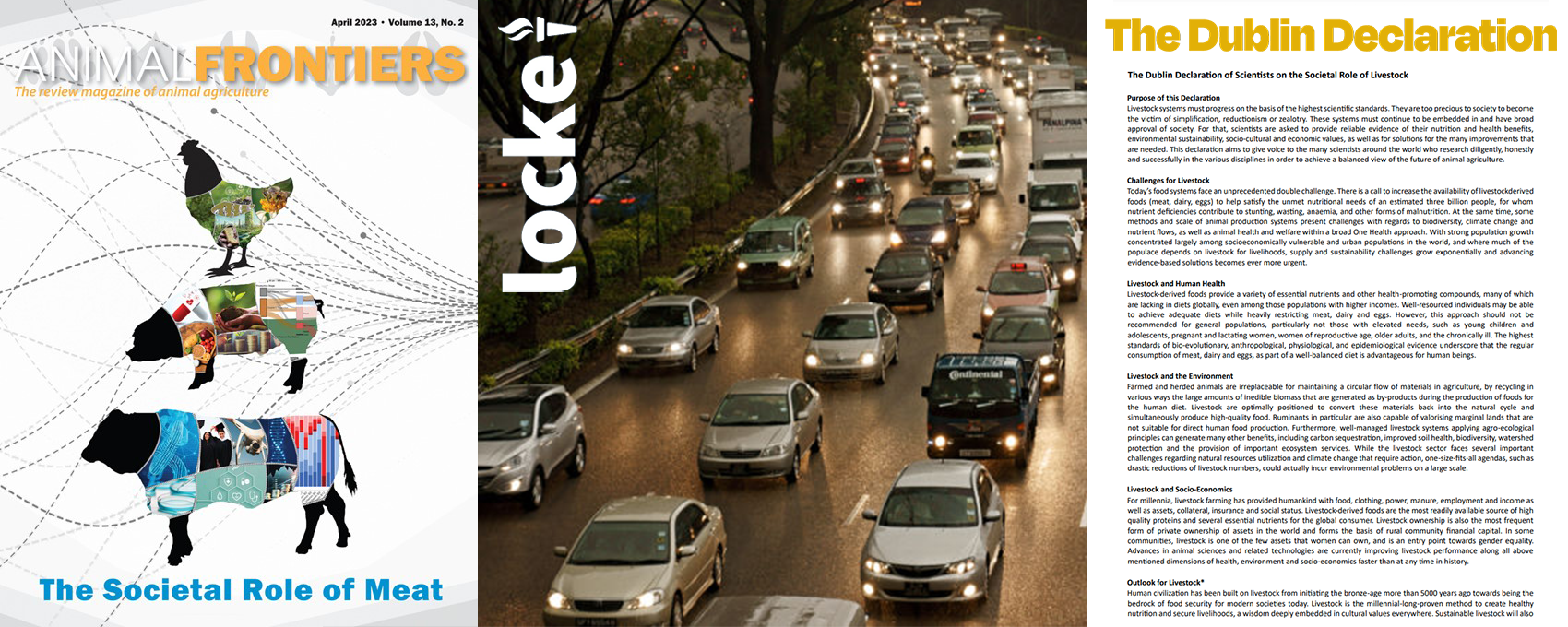Category: Curated Content
Category: Curated Content
Delving into the murky waters of online censorship, this piece uncovers the genesis of Section 230, the law that inadvertently became the root of a heated battle between free expression and digital regulation. Unraveling the complex interplay between government oversight and technological innovation, this piece explores the implications of a seemingly innocuous legislation that now governs the very nature of online discourse.
By Emily KaplanEspecially in climate and Covid research, abuse of peer review and self-censorship abound. Allysia Finley explains.
This essay by BSI’s Emily Kaplan uncovers the shocking reality of how digital giants like YouTube are gatekeeping critical information, effectively silencing independent experts and alternative viewpoints
By Emily KaplanStanford’s president and a high-profile physicist are among those taken down by a growing wave of volunteers who expose faulty or fraudulent research papers
Investigators and the media need to be more careful interpreting and reporting “cancer mortality”
By Bob KaplanMounting evidence is showing that cancer is indeed a metabolic disease, and not the result of genetic mutations. Given this cause, Thomas Seyfried et. al., explain methods for treating cancer, including diet, drugs effecting energy metabolism, and hyperbaric oxygen therapy.
In this second installment, BSI's Emily Kaplan breaks down the difference between corollary studies and causal studies. Corollary studies can show relationships between data sets, they do not establish cause.
By Emily KaplanWhile some research claims eating red meat and processed meat can be harmful, the evidence does not support this. Any harm is generally reported as relative risk, with little to no change in absolute risk. Also, the harms of eating meat tend not to be causal, with all negative associations disappearing when meat is consumed as part of a healthy diet.
JAMA, recently published an essay lamenting that the National Institutes of Health would be slowing awards for "misinformation research," aka, studies to justify censorship.








